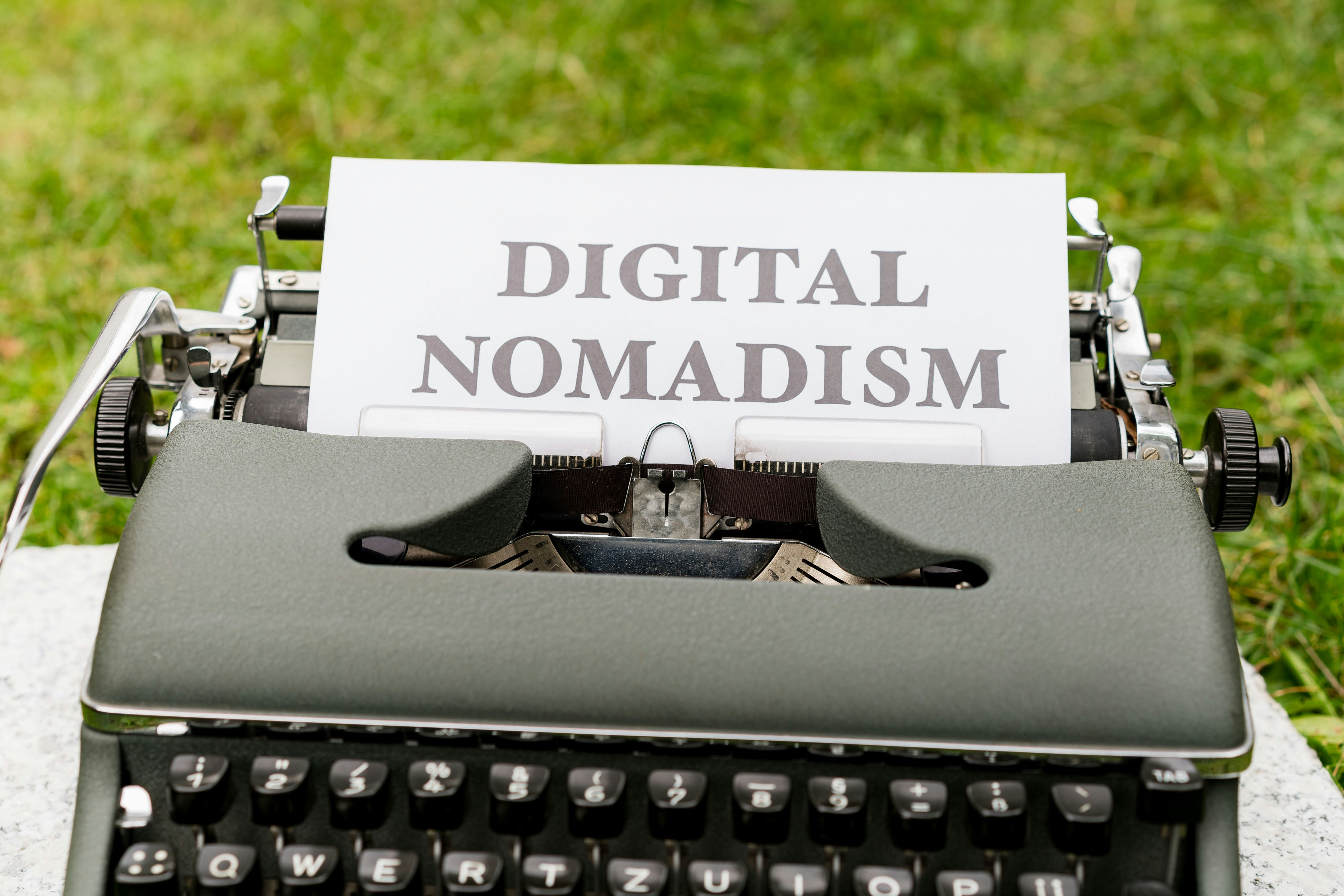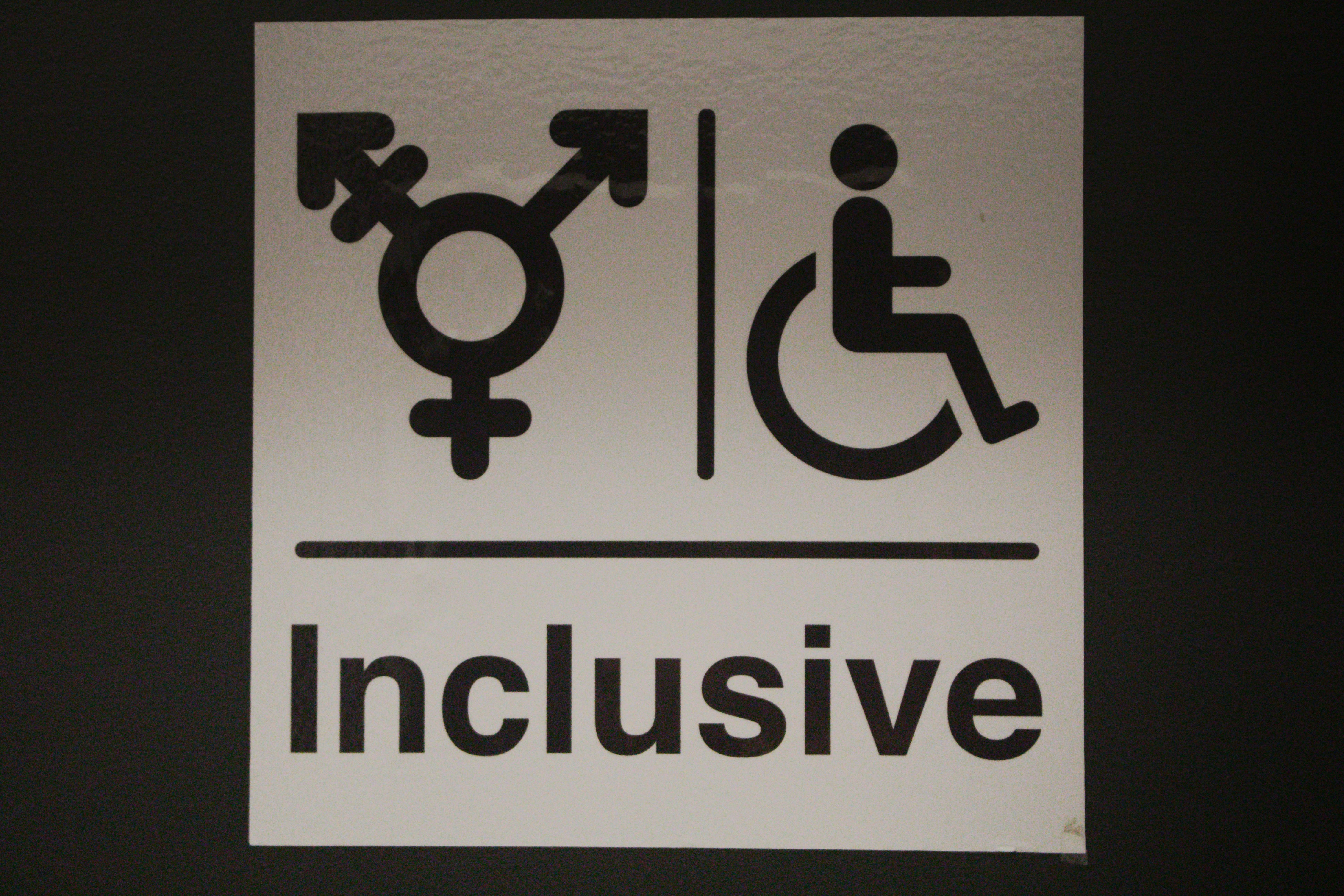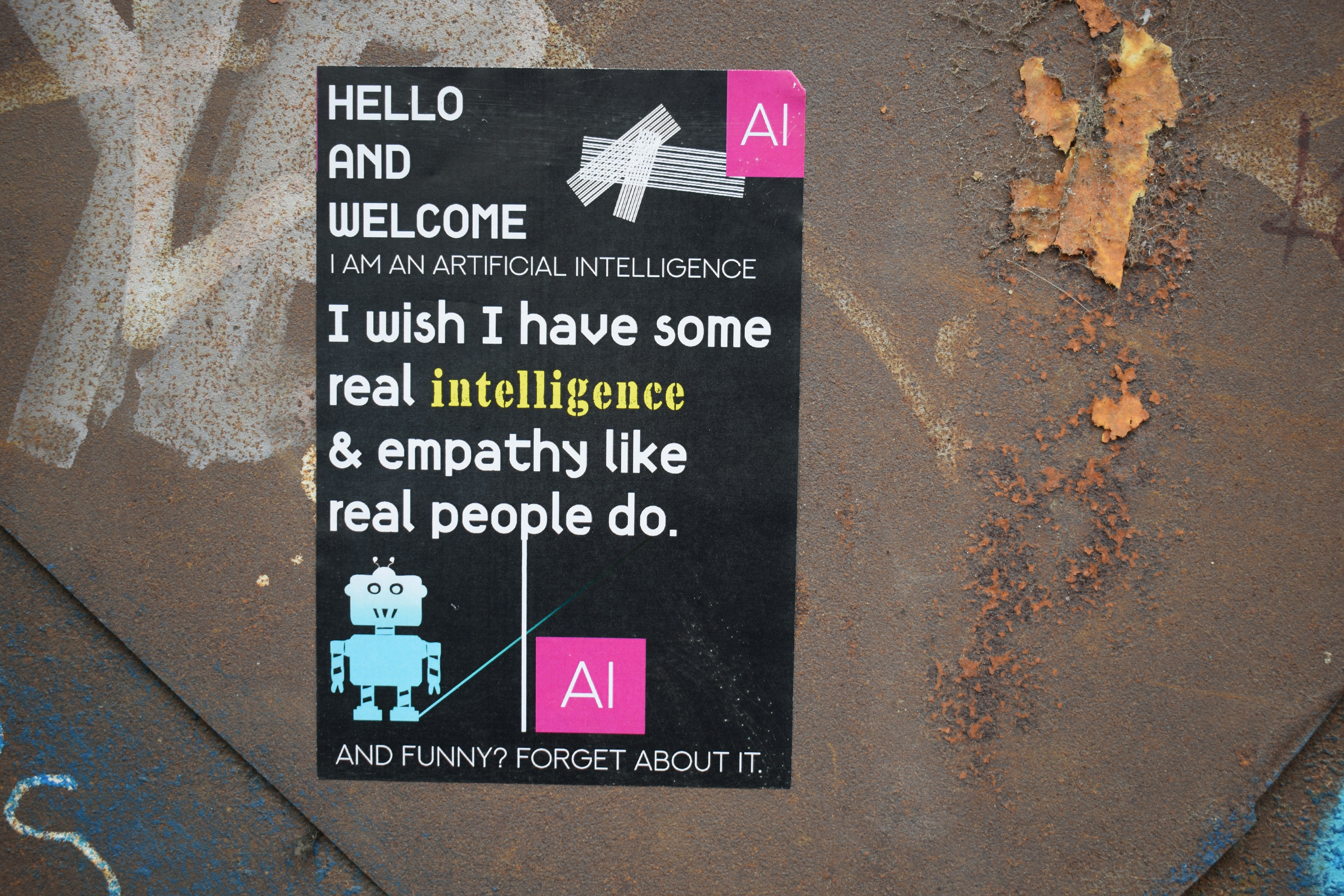Transcending Borders: Blockchain Technology, Global Citizenship & Sovereignty
In a world growing ever more interconnected, the concept of citizenship is rapidly evolving. As we set our sights on 2025, blockchain technology is spearheading a revolution that transcends the traditional notions of nationality. Beyond mere cryptocurrency transactions, this technology is unlocking pathways to global citizenship and digital sovereignty, fundamentally transforming how we interact, transact, and identify ourselves in an increasingly digital age.
Understanding the Intersection of Blockchain and Citizenship
At its core, blockchain technology is built on principles of decentralization, transparency, and trust. These traits not only facilitate direct peer-to-peer transactions but also encourage the development of decentralized identity solutions. Such solutions empower individuals, giving them ownership over their digital identity without dependency on centralized institutions. This paradigm shift opens the door for global citizenship, allowing individuals to self-identify beyond the confines of physical borders.
By 2025, an array of digital wallet applications and blockchain-based identification systems may be commonplace, letting people manage their identities seamlessly. This transformation fosters inclusivity, effectively dismantling barriers for those without physical proof of identity or citizenship rights. Blockchain enables a more democratic approach to citizenship that aligns with the modern age’s ethos, offering opportunities to individuals previously marginalized by stringent governmental regulations.
Critical Applications in Global Citizenship
- Decentralized Identity Systems
Consider how decentralized identity will reshape our global interactions. Digital identities built on blockchain technology allow users to assert their identity on a global scale, making it easier to access services, participate in global conversations, or even gain employment across borders. Blockchain giants like uPort and Civic are at the forefront, providing frameworks for self-sovereign identities.
As people begin to possess control over their own identities, the need for traditional identity verification processes diminishes. Instead of undergoing the tortuous process of credential verification, education institutions and employers can access verified data associated with your blockchain ID. This innovation encourages a more equitable society, where the barriers to employment and services are reduced significantly.
- Cross-Border Modalities for Services
Blockchain technology can create a seamless flow of services across borders. With globally recognized digital IDs, individuals can access healthcare, education, and financial services without geographical limitations. Imagine a student in Africa applying for a scholarship to a university in Europe, using their verified blockchain-based academic records. The bureaucracy of traditional systems fades away, fostering genuine meritocracy.
The World Economic Forum has reported that blockchain can reduce cross-border transaction costs significantly, potentially saving trillions of dollars in service fees and making the world more economically accessible for everyone. This allows more people to participate in the global economy, promoting inclusivity.
- Voting Systems
Blockchain technology extends its transformative power into civil engagement areas, particularly voting. Secure, transparent, and traceable voting systems on blockchain could ensure that every voice is counted in populous democracies. By engaging citizens through these e-voting systems, it creates an experience where participation is simplified, and it can bolster trust in democratic processes.
Want to dive deeper into how technology is shifting various spheres? Explore our piece on assessing the ethical cost of tech choices.
Embracing Digital Sovereignty
As we navigate through 2025, an essential theme emerges—digital sovereignty. This notion encapsulates the power individuals possess over their online presence. Enhanced by blockchain technology, users are slowly reclaiming control over their data—an essential component of true sovereignty.
- Data Ownership and Privacy
Blockchain will redefine how we view data privacy. With smart contracts, individuals can dictate how their data is shared and monetized, ensuring they remain the benefactors of the information they generate. No longer will tech giants act as gatekeepers; individuals will have agency over who accesses their data, potentially benefiting from their data through compensations or rewards.
As this dynamic unfolds, conversations regarding data ethics will gain traction. The ethical implications extend beyond personal privacy; they challenge the very structural framework of our digital interactions, reframing dictums concerning data ownership.
- New Digital Economies
Blockchain technology fosters a new digital economy that is independent of nation-states. Cryptocurrencies are redefining financial engagements, allowing for financial sovereignty to flourish. Emerging frameworks for digital currencies can empower individuals globally, circumventing traditional banking limitations and enabling immediate access to financial systems.
Growth in stablecoins and CBDCs (Central Bank Digital Currencies) will contribute to a future where currency can be seamlessly transacted internationally. This provides a solid foundation for a new digital economy, where economic engagement is boundless and uninhibited.
Fostering Inclusivity Through Technological Access
An essential aspect of empowering global citizenship and sovereignty is technical literacy and access. With the proliferation of blockchain technology, there exists an urgent need to foster inclusivity in understanding and utilizing these tools.
- Bridging the Digital Divide
If blockchain is to be the backbone of global citizenship, it must be accessible to marginalized populations lacking digital literacy or technological infrastructure. Initiatives to bridge this divide—notably through education and affordable technology—will play a pivotal role in enabling a global citizenry that is informed and equipped to utilize these technologies.
- Community-Driven Solutions
Communities around the world must take charge of integrating blockchain into daily life. From grassroots initiatives that create decentralized apps for local governance to educational programs fostering technical skills, local communities can tailor their blockchain approaches to suit their unique needs.
A recent study from the Harvard Business Review emphasized the importance of local action in addressing global challenges through technology; it fosters a sense of ownership over technological advancements and encourages collective problem-solving.
The Road Ahead: Challenges and Considerations
While blockchain technology poses exciting prospects for global citizenship and digital sovereignty, several challenges remain.
- Regulatory Landscape
Navigating the regulatory landscape is pivotal, as nation-states grapple with embracing blockchain. It necessitates clear guidelines that enable innovation while maintaining user protections. Collaboration between tech innovators and policymakers will be crucial in shaping a conducive regulatory environment.
- Technological Barriers
In the backdrop of this optimism, technical challenges continue to pose considerable hurdles. Scalability issues, energy consumption, and the nuances of user-friendly interfaces must be addressed for widespread adoption. The onus lies on developers to create efficient solutions, ensuring blockchain tech adheres to sustainability while being accessible to all.
- Ethical Considerations
As observance of ethical frameworks grows paramount, issues like bias in algorithms, manipulation in digital realms, and privacy infringements must remain central to discussions surrounding blockchain. Adopting an ethical approach will ensure equitable development and deploy solutions appropriate for the collective benefit.
Final Thoughts: Seizing the Moment
By 2025, blockchain technology will play an instrumental role in reshaping global citizenship and advancing digital sovereignty. As innovators, communities, and policymakers converge on this brave new world, understanding the implications and potential of this technology is essential.
Embrace this moment—equip yourself with knowledge about digital identities, financial systems, and data ownership. Assemble a community that advocates for inclusivity, transparency, and ethics. Together, we can sculpt a future where borders blur, and global citizens thrive, emboldened by the adoption of blockchain solutions.
Whether confronted with finding a path to better engage with online communities, or exploring how blockchain can embed itself into sustainable living models, commit to fostering a more interconnected present. Curious minds can also check out our insights on harnessing spatial computing in urban planning to expand horizons beyond mere digital nationalism.









